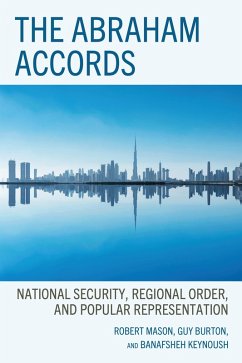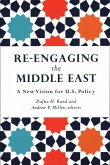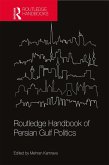The Abraham Accords: National Security, Regional Order, and Popular Representation is a pioneering effort in discussing and analyzing the background, motivations and implications surrounding the Abraham Accords. The authors argue for a nuanced conceptual toolkit to better break down complex strands of state, regional and international interaction, interest and concern. They point to regional dynamics being vital, especially to small states or states under attack, in terms of delivering on their security objectives and by building positions of influence. The Saudi case shows how the 2002 Arab Peace Initiative, perceived US policy failures, and imperatives of Vision 2030, have coalesced to differentiate its regional relations, including attempts at both "strategic autonomy" and "relational autonomy." The degree of political consolidation, pluralism, and rentier stage are also found to be key indicators of past and future normalization trends with Israel, aspects which could have major bearings on domestic politics should the 2023 Gaza war continue or escalate further. This book includes a wealth of detail on the history and contemporary relations of Israel and Palestine and includes chapters covering all six of the Gulf Cooperation Council (GCC) member states, as well as Iran.
Bitte wählen Sie Ihr Anliegen aus.
Rechnungen
Retourenschein anfordern
Bestellstatus
Storno









